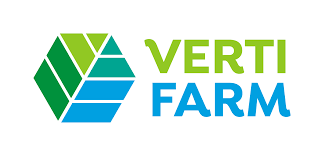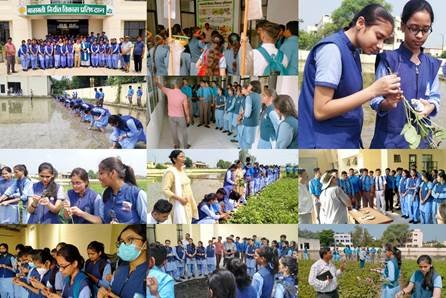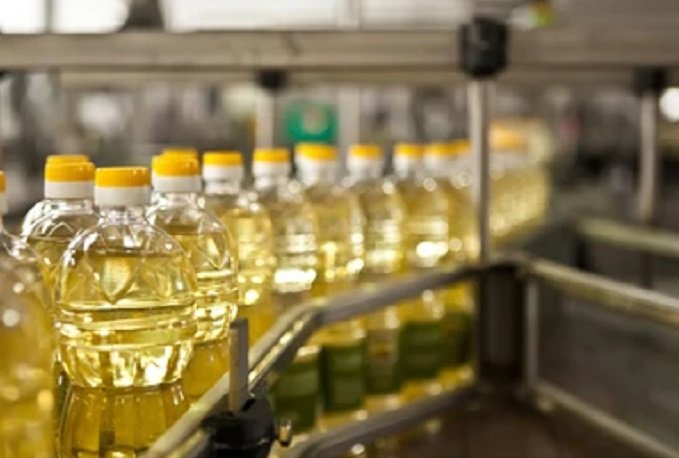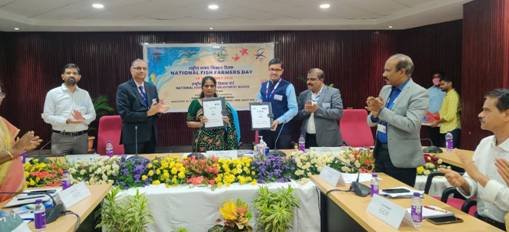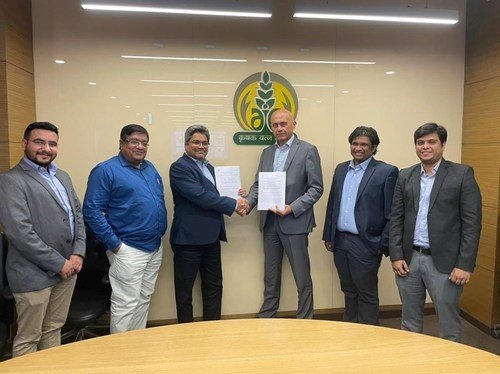The three-day VertiFarm exhibition to be held on 27th to 29th September in Germany
VertiFarm, a new business event is set to address all aspects of sustainable cultivation methods
Under the banners of Growing & Processing, Retail & Pharma and Start Ups & Investors, VertiFarm is set to address all aspects of sustainable cultivation methods between 27 and 29 September, 2022. This challenging subject area for our futures has great potential for conquering new markets across the world. As a new meeting place, the international show dealing with next-level farming and new food systems offers suppliers, producers and distributors the optimum starting point for intensifying business relationships, establishing new contacts and raising awareness for sustainable food production among the general public.
Visitors to the show will obtain a detailed overview of controlled production systems for vegetables, fruit, salad crops, herbs and microgreens as well as fish, insect breeding and cultivation of medicinal plants. VertiFarm provides solution tactics for global challenges such as crop failures, food supplements, security of supply, energy efficiency and urban sustainability.
Other key subject areas are automation and logistics, variety development, cosmetics and oils, crop protection and fertilisers, climate and lighting systems, energy production and efficiency, and research and education. Interested visitors will be able to familiarise themselves with all facets and approaches concerning sustainable food production. The conceptual sponsor behind VertiFarm is the Association for Vertical Farming (AVF), the world’s leading non-profit organisation supporting and promoting the sustainable growth and development of the indoor/vertical farming movement.
High-calibre supporting programme for the VertiFarm launch
The programme accompanying the show continues to take shape and will be updated continuously over the coming weeks and months. Companies, institutions and other industry players are welcome to help shape it – proposals concerning subject matter areas of technology, new food systems, financing, business models and consumer acceptance, AI, robotics and automation are welcome to be submitted before 29 July 2022: Call for Papers.
Retail Day programme – supporting retailers and resellers
In cooperation with the North Rhine Westphalia & Westphalia-Münsterland Trade Association, the retail trade’s climate protection initiative is set to add a Retail Day to the VertiFarm line-up on 28 September 2022. It will start with brunch and go on to highlight the potential of vertical farming for the food trade, followed by a guided tour of selected suppliers at the show. From around noon, panels and expert talks will get underway addressing the key topics of planning law, urban development, energy efficiency, sustainability, regionality, ROI, economic viability and best practice.
VertiFarm, a new business event is set

